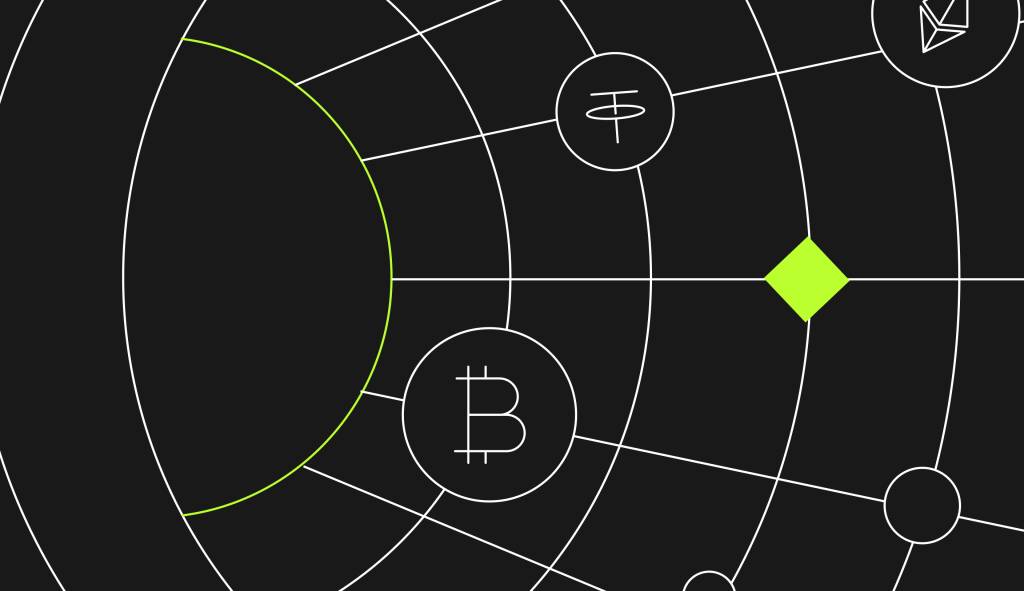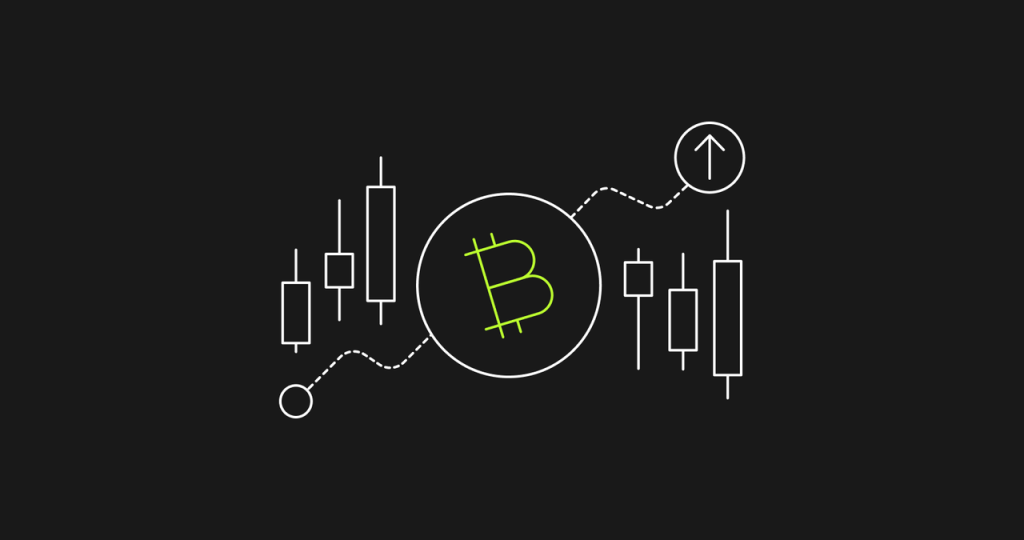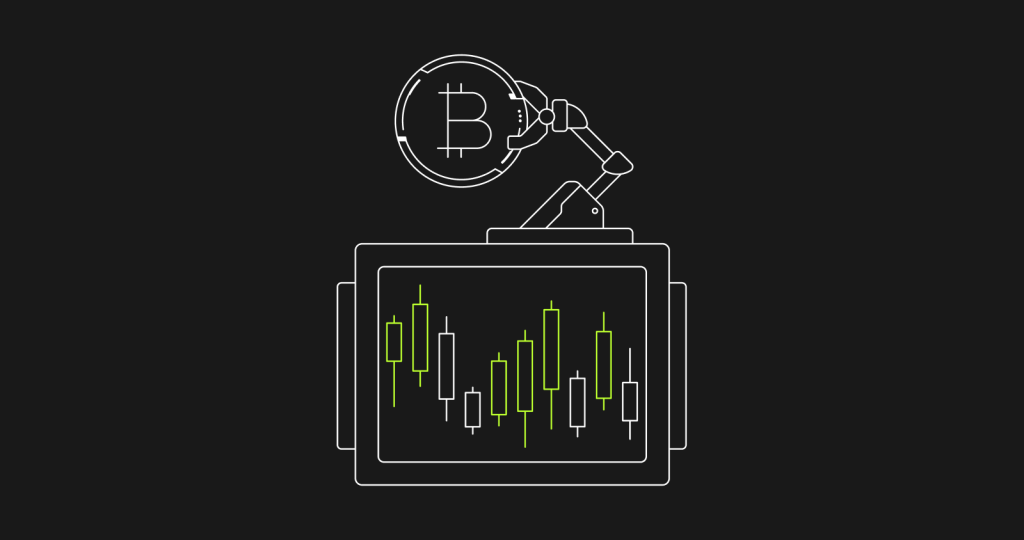Understanding Telegram Bots and Unibot's Remarkable 100-Fold Surge


Key takeaways
Telegram bots provide various DeFi trading tools on Telegram. After users input their wallet seed phrases, Telegram bots will automatically execute commands such as token swaps and copy trading.
Unibot is a trading bot integrated into Telegram. It has transformed the way MaestroBot charges, driving the popularity of trading bots.
The Meme craze in the first half of 2023 played a significant role in powering the popularity of Unibot. Data shows that over 80% of the fees captured by Unibot are taxes.
Twitter Bot is making way into the mainstream, and the influx of new users is expected to drive further growth in the bot area.
Despite the promising opportunities, trading bots face several challenges, including questionable sustainability, low decentralization, and high legal risks.
What are Telegram trading bots?
Telegram bots provide various DeFi trading tools on Telegram. After users input their wallet seed phrases, Telegram bots will automatically execute commands such as token swaps, copy trading, analysis, automated airdrop farming, and cross-chain transfer of assets. Notable Telegram bots include Unibot. These projects often charge fees for their services; some launching tokens generate revenue from trading taxes.
Unibot allows users to convert tokens without leaving the Telegram app, eliminating the need to switch between social and DeFi applications. This makes it more user-friendly. Additionally, Unibot provides real-time alerts for new Ethereum tokens, facilitating users to add tokens and engage in trading. Unibot charges a fee of 0.5% to 1.5% for each trade. It has generated more revenue than many leading DeFi protocols. However, trading bot projects tend to have a higher level of centralization, raising concerns about their security.
Evolution of trading bots
Unibot has transformed the way MaestroBot charges, driving the popularity of trading bots. MaestroBot, once an early leader in trading bots, had seen a moderate performance for quite some time. Its daily average income was around 4 ETH to 5 ETH from November to December 2022, and it fluctuated between 6 ETH and 10 ETH from January to February 2023. However, Unibot's entry into the market brought about significant changes in the trading bot area. Unlike Maestro, which charges for its services, Unibot introduced a new token economy model that fueled the development of Telegram bots. Data from Dune@whale_hunter shows that since its launch in May, Unibot has generated income of 3,280 ETH, equivalent to $6.08 million, with a trading volume of $85.76 million. Note: Unibot generates revenue in two ways: through bot trading fees (bot fees) and trading taxes on its native token, UNIBOT. Specifically, Unibot charges a 1% fee on each trade, with 40% of that fee being distributed to token holders. Meanwhile, a 5% tax is applied to all UNIBOT trades, with 1% of the trading volume going to users holding more than 50 UNIBOT.
The rise of Unibot has led to the emergence of numerous bot-related projects. According to Coingerk data, UNIBOT soared to its peak at $148 on July 24, a 50-fold increase from $3 in May. Following this surge, trading bots have witnessed a hype, with the rapid creation of projects like Telegram bots and Discord bots. Notably, LOOT, the native token of LootBot, a bot designed to facilitate airdrop farming, achieved a four-fold price increase in just one day.
Why have bot projects become a hit?
The Meme craze in the first half of 2023 played a significant role in powering the popularity of Unibot. Data shows that over 80% of the fees captured by Unibot are taxes (users need to pay a 5% tax for each UNIBOT trade they make). Only less than 20% of its revenue comes from trading fees. Notably, most trades completed by Unibot are associated with memecoins.
Moreover, since most crypto users are Telegram enthusiasts, user-friendly platforms like Coingecko and Coinmarket Cap have initiated collaborations with bot projects. This has significantly boosted the visibility of trading bots within the crypto community. In discussing the rising popularity of Unibot and other bot projects, Bobby Ong, co-founder of Coingecko, highlighted that the primary challenges in introducing retail users into crypto are using wallets and interacting with DeFi protocols. Having used Unibot, he started to think about how the next billions of users would interact with cryptos. Unibot adopts a straightforward approach by building a fast and easy-to-use wallet on Telegram, tightly integrated with DEX to mitigate the risk of buying trash coins and copying other traders. As a result, trading DeFi on mobile phones has become much more convenient.
Development trends and potential risks of trading bots
The future of trading bots is poised to offer several advantages. MaestroBot, which currently generates a weekly income of $1.1 million, is very likely to launch its own token, potentially triggering a new wave of bot airdrops. Unibot X, Unibot's new trading platform integrated with GeckoTerminal, is building a one-stop trading bot solution with expanded features. As bot tokens are increasingly popular, more of them are being listed on CEXs. Additionally, Twitter Bot is making way into the mainstream, and the influx of new users is expected to drive further growth in the bot area.
Despite the promising opportunities, trading bots also face some potential risks. First, the sustainability of trading bots is a cause of concern. For instance, Unibot's revenue heavily relies on taxes, because the majority of its trading volume is in its native token, UNIBOT-WETH. The most traded tokens in Unibot are memecoins, which are known for their short-lived bull markets. Moreover, in a trading contest hosted by Unibot in July, more than 65.2% of the 1,402 participants incurred losses. Second, trading bots exhibit low decentralization, which exposes them to security vulnerabilities. They may also encounter legal risks. To use trading bots, users need to import their seed phrases into centralized applications. However, in the event of a hacker attack, users may face a multitude of substantial risks, including engaging in illegal securities trading and money laundering.






… [Trackback]
[…] Info on that Topic: x.superex.com/academys/deeplearning/2001/ […]
… [Trackback]
[…] Here you can find 8055 more Info on that Topic: x.superex.com/academys/deeplearning/2001/ […]
… [Trackback]
[…] Info to that Topic: x.superex.com/academys/deeplearning/2001/ […]
… [Trackback]
[…] There you can find 63817 more Info on that Topic: x.superex.com/academys/deeplearning/2001/ […]
… [Trackback]
[…] Find More Information here on that Topic: x.superex.com/academys/deeplearning/2001/ […]
… [Trackback]
[…] Read More Information here to that Topic: x.superex.com/academys/deeplearning/2001/ […]
… [Trackback]
[…] Information on that Topic: x.superex.com/academys/deeplearning/2001/ […]
… [Trackback]
[…] Read More Info here on that Topic: x.superex.com/academys/deeplearning/2001/ […]
… [Trackback]
[…] Information on that Topic: x.superex.com/academys/deeplearning/2001/ […]
… [Trackback]
[…] Read More on that Topic: x.superex.com/academys/deeplearning/2001/ […]
… [Trackback]
[…] Find More on that Topic: x.superex.com/academys/deeplearning/2001/ […]
… [Trackback]
[…] Information to that Topic: x.superex.com/academys/deeplearning/2001/ […]
… [Trackback]
[…] Info to that Topic: x.superex.com/academys/deeplearning/2001/ […]
… [Trackback]
[…] Info on that Topic: x.superex.com/academys/deeplearning/2001/ […]
… [Trackback]
[…] Read More here on that Topic: x.superex.com/academys/deeplearning/2001/ […]
… [Trackback]
[…] Read More Information here on that Topic: x.superex.com/academys/deeplearning/2001/ […]
… [Trackback]
[…] Find More on to that Topic: x.superex.com/academys/deeplearning/2001/ […]
… [Trackback]
[…] There you will find 85118 more Info on that Topic: x.superex.com/academys/deeplearning/2001/ […]
… [Trackback]
[…] Read More Info here on that Topic: x.superex.com/academys/deeplearning/2001/ […]
… [Trackback]
[…] Find More Info here on that Topic: x.superex.com/academys/deeplearning/2001/ […]
… [Trackback]
[…] Read More here on that Topic: x.superex.com/academys/deeplearning/2001/ […]
… [Trackback]
[…] Read More Info here on that Topic: x.superex.com/academys/deeplearning/2001/ […]
… [Trackback]
[…] Read More on to that Topic: x.superex.com/academys/deeplearning/2001/ […]
… [Trackback]
[…] Read More Info here on that Topic: x.superex.com/academys/deeplearning/2001/ […]
… [Trackback]
[…] Read More on that Topic: x.superex.com/academys/deeplearning/2001/ […]